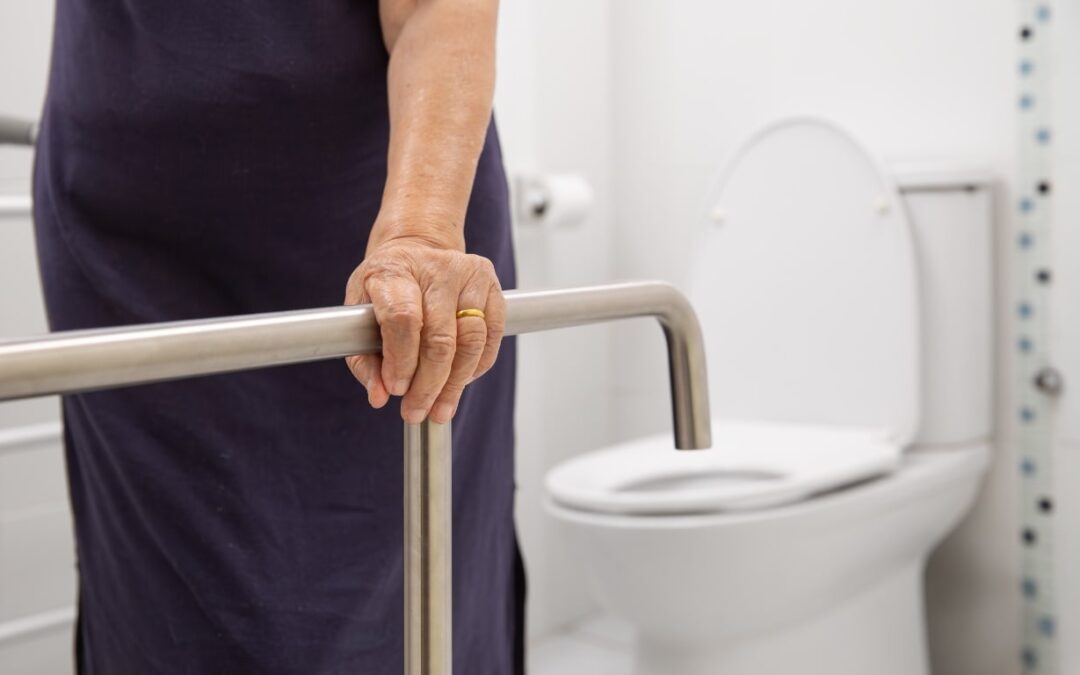As a caregiver, your top priority is making sure your senior loved one is safe, comfortable, and able to enjoy their home with confidence. But for many older adults, the home can present unexpected hazards, especially when it comes to fall risks. According to the Centers for Disease Control and Prevention (CDC), 1 in 4 Americans aged 65 and older falls each year, and falls are the leading cause of both fatal and non-fatal injuries among seniors.
While those statistics are sobering, the good news is that many of these falls can be prevented with some simple, proactive changes. By taking the time to assess and modify the living space, you can significantly reduce the risk of injury and support your loved one’s independence.
At Reliant Home Care Services, we believe every senior deserves a home that is not only comfortable but also safe. To help you get started, we’ve created a comprehensive home safety checklist focused on fall prevention, injury reduction, and peace of mind.
General Home Safety
- Ensure good lighting throughout the home. Install bright, non-glare bulbs in hallways, staircases, and entryways. Add nightlights in bedrooms and bathrooms.
- Remove tripping hazards. Secure rugs with non-slip backing or remove them altogether. Keep floors clear of clutter, cords, and loose items.
- Install smoke and carbon monoxide detectors. Test them monthly and change batteries twice a year.
- Place emergency contact numbers in visible locations. Keep a phone within easy reach in commonly used areas.
Living Room and Common Areas
- Arrange furniture to allow clear walking paths. Avoid tight spaces or sharp-cornered furniture that could cause injury.
- Use stable chairs with arms. These make it easier for seniors to sit down and stand up safely.
- Secure cords and wires along the walls. Never leave them trailing across walking areas.
- Keep frequently used items within reach. Avoid having your loved one stretch or climb to retrieve them.
Bedroom Safety
- Ensure the bed is at the correct height. Your loved one’s feet should rest flat on the floor when sitting on the bed’s edge.
- Place a lamp or light switch within arm’s reach of the bed. This helps prevent fumbling in the dark.
- Consider installing bed rails. These provide extra support and prevent accidental falls during the night.
- Keep a flashlight nearby. A backup light source can be helpful in case of a power outage.
Bathroom Safety
- Bathrooms are one of the most dangerous areas for seniors. According to the CDC, 80% of falls in the home happen in the bathroom.
- Install grab bars near the toilet and in the shower or tub. Never rely on towel racks for support.
- Use non-slip mats inside and outside the tub or shower. A shower chair can provide extra stability during bathing.
- Consider a raised toilet seat. This can make sitting and standing easier.
- Ensure adequate lighting and ventilation. Foggy mirrors or dim lights can increase accident risks.
Kitchen Safety
- Store frequently used items at waist level. Avoid using step stools or climbing on chairs to reach cabinets.
- Use appliances with automatic shut-off features. These add an extra layer of protection.
- Keep floors clean and dry. Spills should be wiped up immediately to avoid slipping.
- Label food and medications clearly. This helps prevent confusion and accidental ingestion.
Stairways and Hallways
- Install sturdy handrails on both sides of stairs. Make sure they are securely fastened.
- Add contrasting tape or paint to the edge of each step. This improves visibility and depth perception.
- Keep stairs and hallways well-lit and clutter-free. Motion-sensor lights can be helpful for nighttime navigation.
- Use stair lifts if necessary. These can help seniors with limited mobility safely navigate between floors.
Outdoor Safety
- Check walkways for cracks, uneven pavement, or loose gravel. Repair or replace as needed.
- Install handrails on outdoor steps and ramps.
- Ensure proper lighting at all entrances. Motion-activated lights can improve visibility and deter intruders.
- Keep entryways clear of leaves, snow, or other debris.
Additional Home Modifications
If your loved one has mobility limitations, consider additional home modifications such as the following:
- Widening doorways for wheelchairs or walkers
- Installing ramps in place of steps
- Adding lever-style door handles instead of knobs
Using voice-activated smart home devices for lights, alarms, and communication
These changes may seem small, but they can have a huge impact on your loved one’s safety and independence.
Supporting Safe, Independent Living
Caring for a senior loved one means constantly balancing their safety with their desire to live independently. A safe home environment is one of the most powerful ways to support both. By conducting regular safety checks and making thoughtful home modifications, you can help prevent falls, reduce injuries, and give your loved one—and yourself—greater peace of mind.
At Reliant, our caregivers are trained to recognize potential safety risks and help maintain a secure, comfortable home. Whether it’s offering assistance with mobility, making safety recommendations, or simply providing a caring presence, we’re here to support your loved one’s journey to healthy, independent aging.
Reach out to Reliant today to learn how we can support your family with personalized care and safety-focused solutions.




